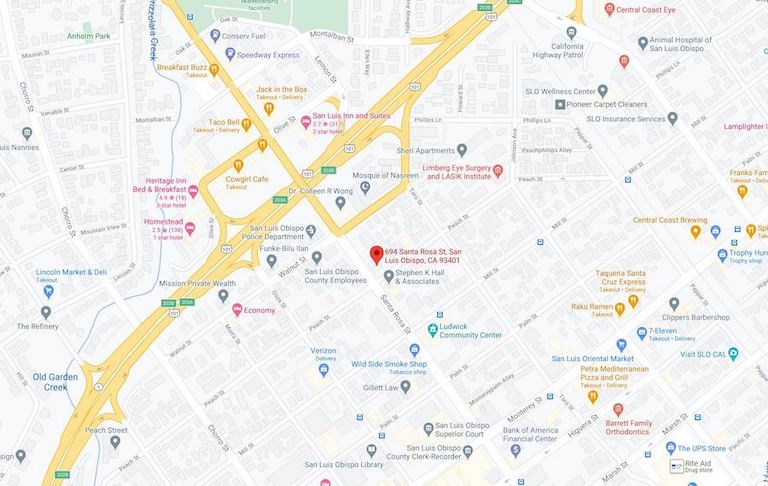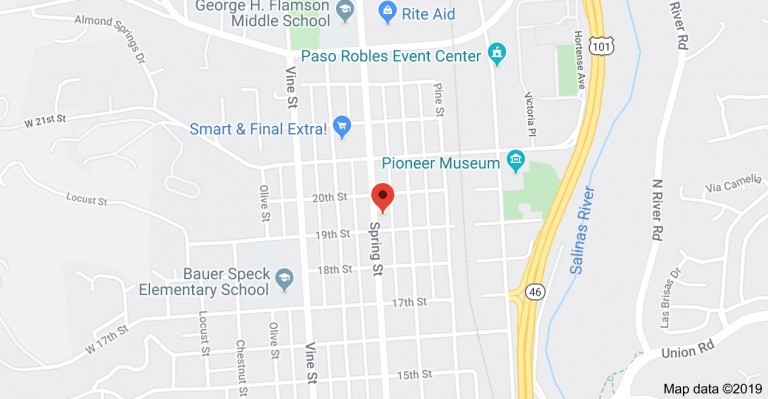For California Homeowners and Property Managers Still Cautious about COVID-19 Eviction Laws
Are you a homeowner or property manager looking for an update on the COVID-19 Eviction Laws? This article may be for you.
What is the State of the COVID-19 eviction laws?
All the COVID-19 eviction laws have run their course right? Well, for the most part…
To say the wave of changing laws regarding evictions in California has been a “wild ride” these last few years is an extreme understatement. From local emergency ordinances to three different assembly bills changing the California Civil Code and Code of Civil Procedure, we counted at least 6 fundamental changes in the law here in San Luis Obispo County since March of 2020.
So where are we now?
The last assembly bill that affected California eviction laws was AB 2179. That law made specific requirements for landlords to follow regarding notices of termination to tenants. These notice requirements ended in July 2022. This is because the notices had to do with an application for state rental assistance program that has now ended.
BUT…
A group of tenants sued the department within the state of California that administered this rental assistance program. They alleged it violated their procedural due process rights and discriminated against them. The case is called Alliance of Californians for Community Empowerment v. The California Department of Housing and Community Development, or ACCE v. HCD for short. (Case No, 22CV012263 in Alameda County)
Why is ACCE v. HCD important?
A superior court judge in Alameda County granted the plaintiffs a preliminary injunction against the state of California. That injunction is still active with a hearing date set for February 10, 2023. The injunction ruled that the state could not deny the plaintiffs’ rental assistance applications without giving them sufficient notice to understand why their applications were denied and an opportunity to fix their applications.
This injunction is an important consideration for any property owner or manager with an eviction action pending that has to do with rent or late fees due from March 1, 2020 to March 31, 2022. If the tenant had their rental relief application denied, and the eviction is based in part because of that denial, a judge could prolong or dismiss the action.
Practical Considerations with the Current State of COVID-19 Law?
These protections are getting old and did not apply to rental agreements that started after October 1, 2021. These laws and ACCE v. HCD do not apply to Landlords with tenants who have unpaid rent after April 2022.
A landlord can still bring eviction actions for material violations of the lease. In some circumstances, a landlord can even bring an eviction against a tenant for no-fault of the tenant (For a discussion of Tenant Protection see my related article here).
Broadly, the detailed notice procedures under California law are no longer required. However, The COVID-19 Rental Housing Recovery Act remains in effect until September 30, 2024, and the COVID-19 Tenant Relief Act remains in effect until October 1, 2025.
Other Things to Consider
- No Small Claims limit for COVID-19 rental debt
Landlords can sue in small claims for COVID-19 rental debt under the 2020-2022 laws. They can bring suit to recover an unlimited amount of COVID-19 rental debt, as the $10,000 limit does not apply. However, the debt can only be from the time period of March 1, 2020 through September 30, 2021.
- Retaliation
The provision prohibiting landlords from bringing eviction proceedings against tenants in retaliation for having COVID-19 related debt has been repealed.
- Late Fees
Landlords may not be able to bring eviction proceedings based on late fees related to failure to provide rent payments received through the state rental relief program.
(Cal. Code. Civ. Pro. § 116.223; Cal. Code. Civ. Pro. § 1179.02; Cal. Code. Civ. Pro. § 1179.02.5, Cal. Code. Civ. Pro. § 1179.11; Cal. Civ. Code 1942.5; Cal. Health & Safety Code § 50897.1)
Contact a Legal Professional
The information provided herein does not, and is not intended to, constitute legal advice; instead all information, content, and materials are for general informational purposes only. Neither this website nor this post are intended to create an attorney-client relationship.
If you have any questions regarding eviction and/or COVID-19 Eviction Laws, please contact Carmel & Naccasha, and for more details, read our full disclaimer.



